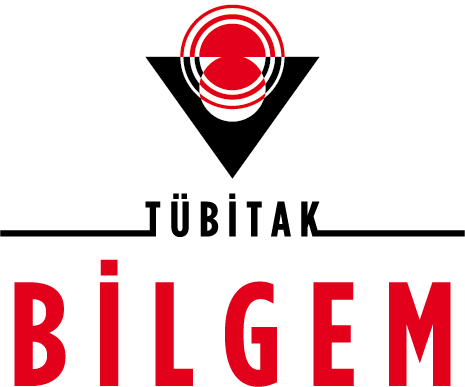YZE
Projects Accepted in the Field of Intelligent Production Systems
TOFAŞ - Turkish Automobile Factory Project
- Project Information
- Purpose and Objectives of the Project
Project Title: Image Processing and Analysis of Movements and Activities in the Production Environment Project
Customer Institution: Tofaş Turkish Automobile Factory Inc.
Project Manager: Cute Sixok
Consortium Members:

The project, which will be carried out in the thematic field of smart production, aims to increase efficiency in the mass production line by using artificial intelligence technology. By analyzing the movements of the employees with artificial intelligence, high and low efficiency jobs in production will be detected. In this way, business results will emerge that will increase the total efficiency in the production line. Thanks to the project, the accuracy analysis of the work done in the operation will be made. The analysis of stopping and waiting losses in the production of different vehicles and shift changes will be determined by artificial intelligence. It is aimed to install cameras on the assembly line in the system to be developed in order to realize the project objectives. Based on the images obtained from the cameras, it is planned to make analyzes that will increase work efficiency with artificial intelligence, thanks to the R&D studies to be carried out in the field of deep learning methods.
With this innovative approach in the field of business analysis, it is aimed to offer solutions to increase business efficiency. The project results are exemplary and have a high potential for dissemination.
Şişecam Project
- Project Information
- Purpose and Objectives of the Project
Project Title: Increasing the Production Efficiency of Nano Coating in a Wide Area with the Support of Artificial Intelligence
Customer Institution: Turkey Şişe ve Cam (Bottle and Glass) Factories Inc.
Project Manager: Utku Er
Consortium Members:


In the project, it is aimed to increase the production efficiency with the artificial intelligence supported decision support system in the glass coating lines in the magnetic field. In this production process, each material is coated as a single layer and measurements are taken before the formation of multiple layers on flat glasses in the magnetic field splash glass coating lines, and it is aimed to achieve the desired target values with high precision (coating thickness homogeneity sensitivity). In line with the results obtained during the production of the single layers, the changes to be made in the process parameters are decided based on the experience of the device operator. Therefore, the operator spends an average of 1-2 hours for the production of a single layer of each material by doing many repetitions (in the range of 5-10). This situation reduces the final product production efficiency.
The main purpose of the project is to produce single layers with a thickness homogeneity tolerance of 1% in maximum 2 repetitions (in less time than the standard method) with artificial intelligence/machine learning.
In the project, the setting process of the silicon nitride (Si3N4) single layer will be made independent of the operator, thereby increasing the production efficiency. In this context, by providing decision support to the operator with the support of artificial intelligence and/or predicting the trim gas flow adjustment, Si3N4 single layer optimization in Şişecam's wide-area production processes will shorten the production transition time and prevent consumable cost losses. With the artificial intelligence/machine learning algorithms and optimization model to be developed in cooperation with the National Defense University and SGE Engineering in the project, the production data that Şişecam monitors and controls in the production processes will be collected and analyzed, and the adjustment parameters that affect the coating homogeneity in the production will be determined without the need for personnel decision. With the communication technology to be developed by SGE Engineering, data in Şişecam coating production systems will be collected and processed and machine communication will be provided.
Polat Enerji Project
- Project Information
- Purpose and Objectives of the Project
Project Title: Artificial Learning Based Decision Support System for Predictive Maintenance Activities in Wind Turbines Using Direct Drive Technology
Customer Institution: Polat Enerji Industry and Trade Inc.
Project Manager: Emre Vardareli
Consortium Members:


This project aims to develop a solution for the efficiency and maintenance planning needs of wind farms in Türkiye that produce energy with direct drive (gearless) technology, using data-driven artificial intelligence algorithms. This solution will assist in stable production by detecting and diagnosing potential abnormalities in equipment and processes at wind farms in advance. Thus, it will help increase the profitability of clean energy investments and encourage further investments in this area. The project's objective consists of three steps:
- By developing artificial intelligence solutions, to determine the relationship of SCADA data collected from Enercon brand direct drive (gearless) wind turbines with each other and with the faults that cause the turbine to stop.
- With a predictive maintenance approach, reducing turbine downtimes due to possible failures, shifting turbine downtimes to periods of lower production or no production, instead of periods with high wind speed with significant production.
- Thus, converting more of the kinetic energy potential hidden in the wind into electrical energy.
The solution planned in the project is the development of an artificial learning-based decision support system that can support predictive maintenance applications in wind power plants. Predictive maintenance includes the continuous monitoring of processes by means of sensors placed on equipment and the detection and diagnosis of failures before they occur by using statistical or artificial learning techniques on these data, thus making maintenance planning with the help of these decision support systems. In this context, it is aimed to create artificial learning-based normal behavior models by using historical sensor data of critical and auxiliary equipment, to ensure that these models produce optimum results, and to perform model performance tests with data collected from wind field equipment. These trained models will be able to work in cloud-based systems, automatically generate fault flags using instant sensor flow data and send notifications to the relevant field personnel. Many predictive machine learning models will be tested and the final batch modeling methods combining them will be developed.
The aims planned to be achieved in the project are listed below:
- Supporting the maintenance plans of turbine equipment with a predictive maintenance strategy with models learned from the historical data of each equipment.
- Contributing to optimum process management by modeling the process parameters (parameter group) of wind power plant processes with artificial learning.
- As a result of data-based and optimizing process and maintenance plan management, a more efficient and high-availability plant is obtained.
- Enabling the turbines to work more efficiently by contributing to the time management of the maintenance, repair and operational tasks of the final product maintenance and operation teams at the power plant.
Hayat Kimya Project
- Project Information
- Purpose and Objectives of the Project
Project Title: Developing Artificial Intelligence Forecasting Technologies for Developing New Detergent Formulas and Optimizing Performance
Customer Institution: Hayat Kimya (Chemical) Industry Inc.
Project Manager: Selin Ergun
Consortium Members:


In the sector, where product variety and variability are very frequent, an artificial intelligence-assisted product formulation determination process will be developed, which will shorten the time to commission a new product. In the project, a digital data library will be designed with the results of spectrophotometric measurements of the past multiple formulation inputs and the spectrophotometric measurements of the washings made with special fabrics, and these data will be transferred to artificial intelligence technology, which will use it effectively and innovatively compared to humans.
In the project, an active learning structure will be designed and which additional experiments should be done will be determined according to the output of this setup. Innovative machine learning methods suitable for the purpose of the project will be investigated and regression structures will be used for stain performance estimation and formulation estimation. Model performances will be compared with base performances obtained from basic approach methods and integration will be made for the highest performance model selected for the purpose. In addition, a smart test results raw material formulation decision support software will be developed that can work in integration with experiment and cost information. Thanks to the software, different raw material compositions can be suggested by the application and the compositions with the highest to the lowest stain removal performance will be listed by scoring method.
The aims planned to be achieved in the project are listed below:
- With the artificial intelligence supported simulation to be developed, various laundry detergent formulations will be created and the need for experimentation and performance testing in the laboratory will be minimized.
- The project will also be able to improve the prediction system according to new data defined by machine learning.
- Thanks to the project output, it will be beneficial in terms of sustainability and economy by reducing the consumption of chemicals and water, with the rapid delivery of formulations closest to the expected target.
- The machine learning model and digital experiment library software to be developed will function as an intelligent experiment and raw material composition optimization decision support software belonging to the model digital library software family to be developed using artificial intelligence.
Temsa Project
- Project Information
- Purpose and Objectives of the Project
Project Title: Predictive Maintenance Estimation and Intelligent Spare Parts Warehouse Management with Artificial Intelligence and Machine Learning Methods of Data
Customer Institution: Temsa Skoda Sabancı Transportation Vehicles Inc.
Project Manager: Eve Sibel Yurtseven
Consortium Members:
![]()


It is aimed to carry out predictive maintenance by using artificial intelligence technology in the thematic field of smart production. Thanks to the sensors placed on the engine and undercarriage of Temsa's electric buses, data can be collected regularly. By processing this data, the vehicle's maintenance time, maintenance location and spare parts required for maintenance will be determined with the artificial intelligence-based decision-making support system. In this way, smart warehouse and inventory management will be possible. It is envisaged that unexpected maintenance will be reduced by 20% per vehicle and, thanks to the increase in continuity in operation, at least 10% in costs will be gained.
The ultimate goal of the project is to realize smart fleet management with artificial intelligence. Although there is a limited number of passenger cars in the market, it is expected to be the first product for the bus segment. Based on this, it exhibits an innovative approach and aims to be one of the leading products in its segment.
Tekkan Project
- Project Information
- Purpose and Objectives of the Project
Project Title: Total Equipment Efficiency Measurement and Digital Twin Based Decision Making Control Software Development Project for Plastic Injection Molding Process
Customer Institution: Tekkan Plastic Industry and Trade Inc.
Project Manager: Erdem Hacioglu
Consortium Members:


The project, which will be developed in the thematic field of smart production, aims to create the digital twin of the production bench in the field of plastic injection molding. A highly accurate, reliable, time-critical and scalable decision-making software solution will be developed thanks to the digital twin decision-making software supported by artificial intelligence technologies. In this way, in the process of commissioning the new product, production parameters will be estimated according to the targeted quality level. As a result of these, it is aimed to have a total equipment efficiency of at least 80%.
The decision-making software to be developed has a great market and sales potential in the national and international manufacturing industry, as it addresses sectors such as automotive, packaging, electrical-electronics, defense, where plastic injection machines are used extensively.
Matay Automotive Project
- Project Information
- Purpose and Objectives of the Project
Project Title: Artificial Intelligence Supported Error Prevention and Predictive Intelligent Production System Development Project in Robotic MIG/MAG Welding Processes
Customer Institution: Matay Automotive Supply Industry and Trade Inc.
Project Manager: Mehmet Uysalgil
Consortium Members:

Within the scope of the project, which will be carried out with artificial intelligence technology in the thematic field of smart production, it is aimed to develop a predictive quality application in exhaust production systems. The quality of the weld made in the welding operation will be monitored instantly. It is planned to create an artificial intelligence-based smart system solution in order to prevent spillage burrs, weld holes and weld gaps that occur during the welding operation, to get rid of destructive inspection, and to prevent control and scrap costs. The aim of the project is to monitor the production and quality parameters instantly with high resolution and to determine the parameter correlations that cause the error. Thanks to artificial intelligence-based modeling, it is aimed to catch the situations that cause quality loss and production errors at the beginning.
Among the innovative approaches of the project, there is monitoring the exhaust welding process with high resolution. In addition, it is aimed to present and commercialize the anomaly detection and predictive quality software to be developed as an almost plug-and-play product in order to be disseminated in enterprises in the welding manufacturing sector.













